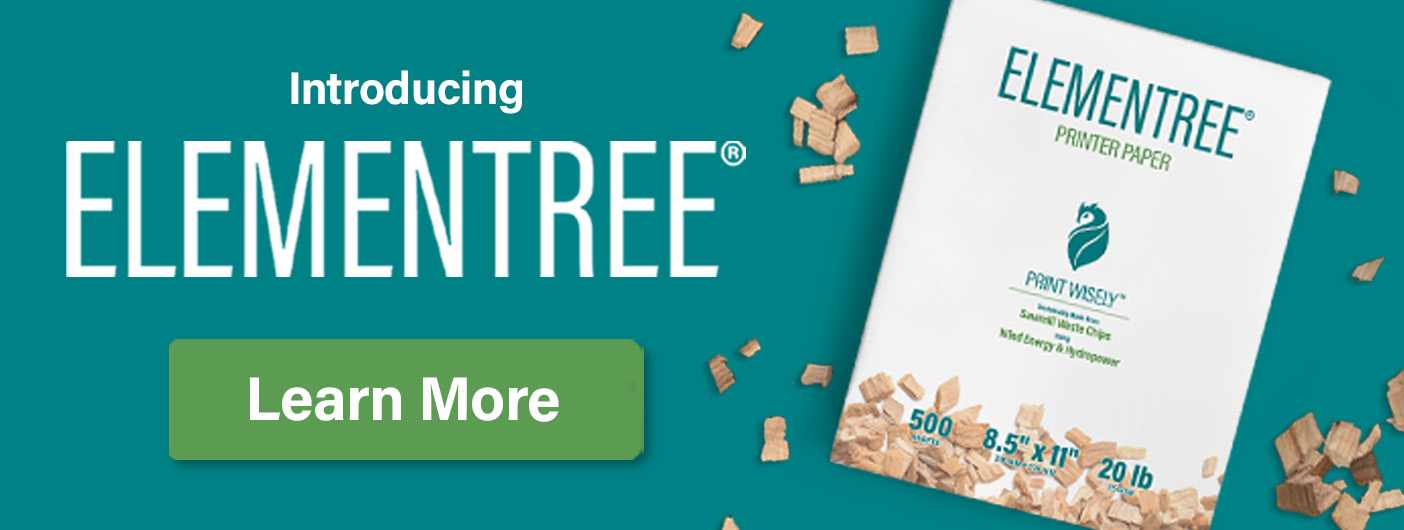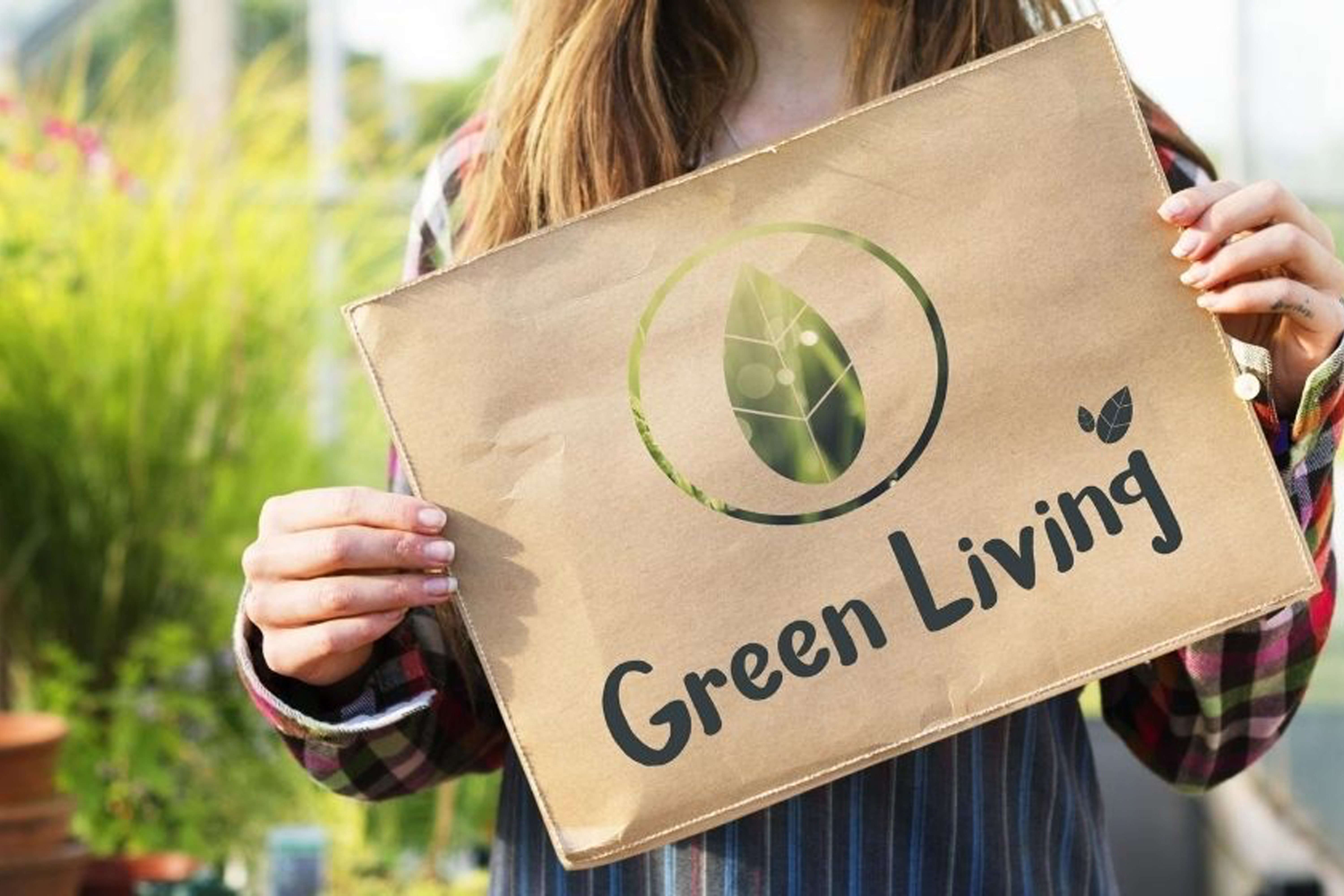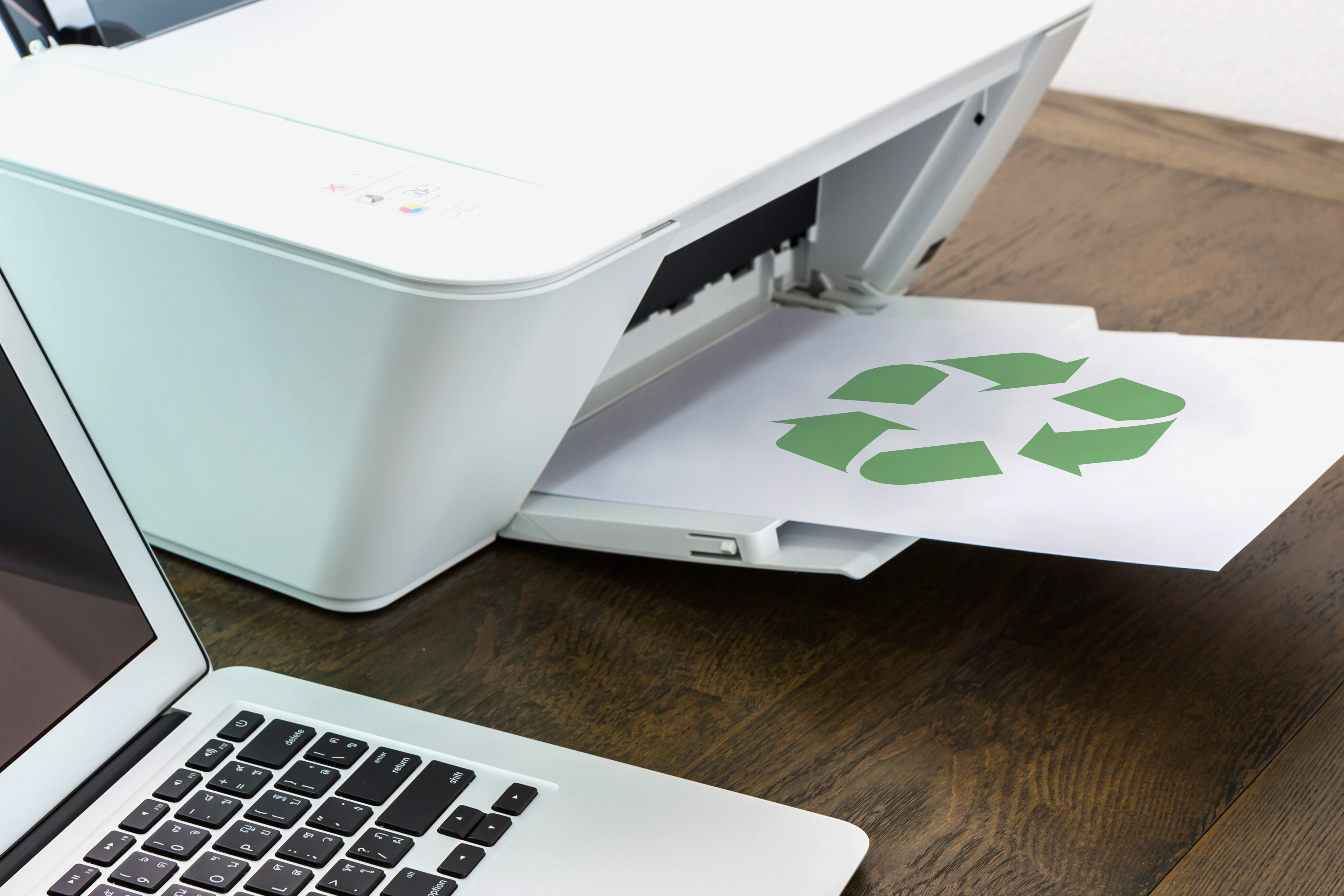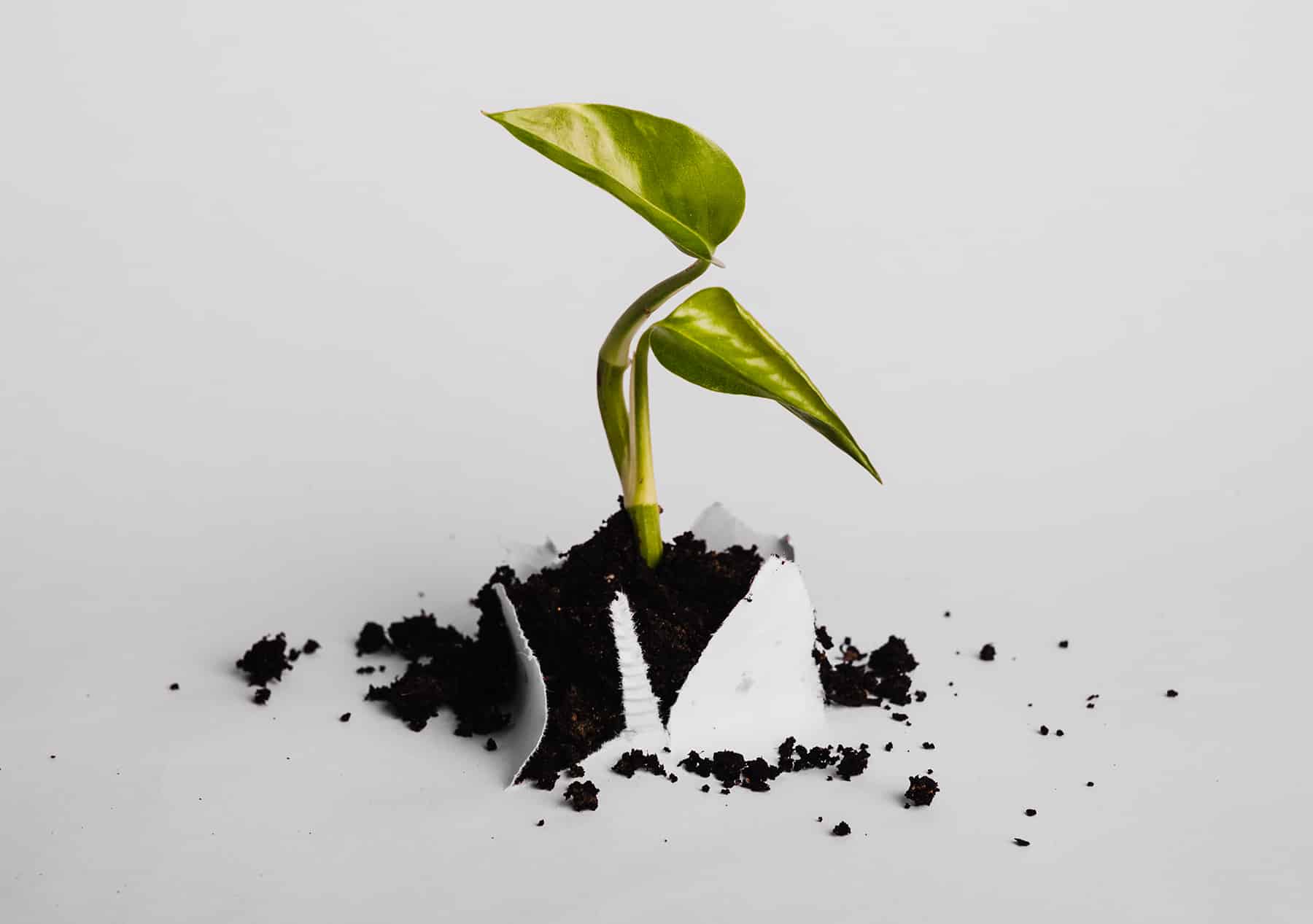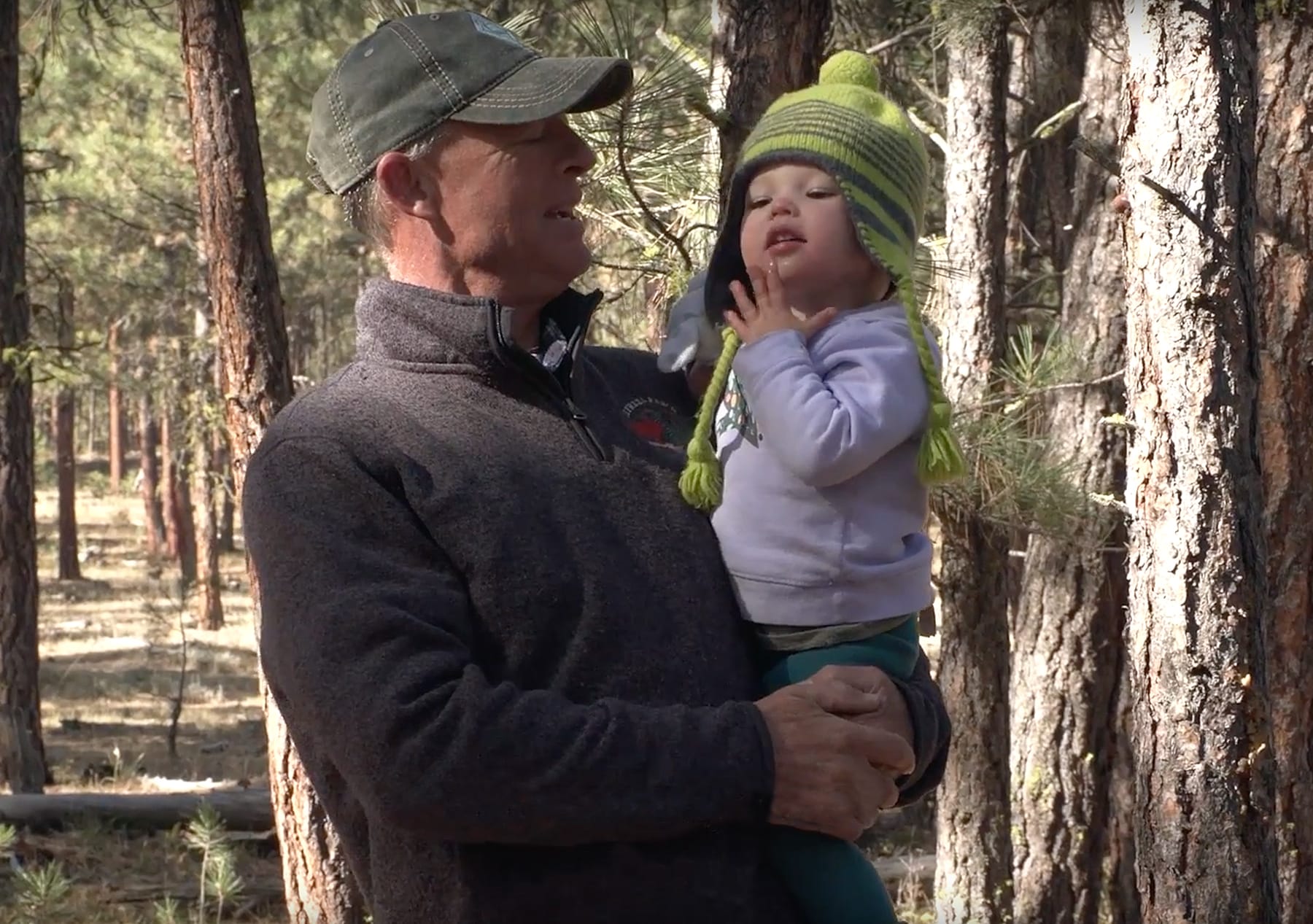Sustainable New Year’s Resolutions
New Year’s Resolution: Live more sustainably! The start of a New Year is a great time to refocus and set new goals, and one of those goals might include living a more sustainable lifestyle. This can seem like a lofty goal, but all you really have to do is start small by doing what you can! As you begin to form more eco-friendly habits, you can build upon them and start focusing on new ways of being sustainable. To get you started, read on for five ways you can reduce your waste this year!
Details
